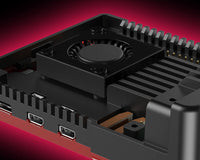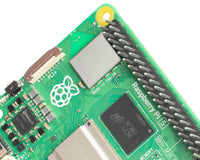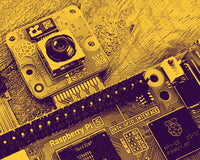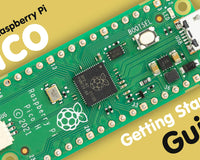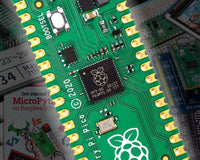
Raspberry Pi Roundup - 29th April 2016
Cameras!

Two new cameras for the Raspberry Pi have been released. These cameras, which are direct drop-in replacements for the old ones (i.e. they have the same ribbon cable connector) feature new Sony IMX219 sensors. They still have fixed-focus lenses, but this time they are capable of taking still pictures at 3280 x 2464 pixel resolution. They also support 1080p30, 720p60 and 640x480p90 video recording. The cameras are available in two flavours:
They’re available from The Pi Hut for £21.
This is great news for those who like the camera – a simple upgrade from the end-of-line original that you can ‘just use’.
Weight tracker

Jamie Bailey from Initial State (a brilliant IoT API website) has been in touch again. This time, he’s published a really fun tutorial in which you create a set of scales from a Wii Balance Board and hook it up to a Raspberry Pi 3 (or other Pi with a Bluetooth dongle). You then use the Initial State website to graph the results and get it to send you an SMS each time you take a reading. Take a look here.
Zero production
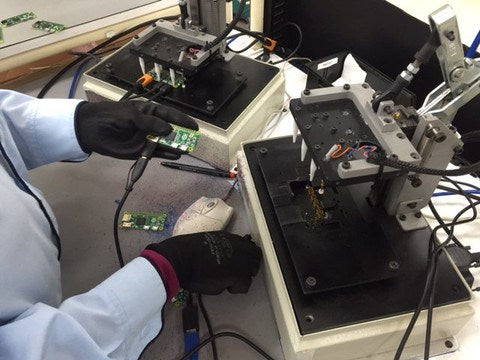
Good news from Raspberry Pi Trading – Raspberry Pi Zero production is soon to enter a new phase, bringing with it better availability… and something mysterious. Here’s what Eben Upton had to say on a recent Raspberry Pi Forum thread:
Raspberry PI Zero production is restarting in Wales next Monday after a hiatus to allow us to focus on Raspberry Pi 3 (a million units built and counting). We have placed 250ku of new orders, and are aiming to produce at least 50ku/month for the rest of this year. Distribution will continue to be via Pimoroni, Pi Hut, Adafruit and Micro Center for now.
He also added a mysterious hint of something new to be added to the Zero:
To thank you for your patience, we’ve taken advantage of the hiatus to add a (much requested) new feature. I’ll leave you all to guess what it is (it’s not WiFi).
We hope to have Zeros back in stock in the next few weeks!
Terrarium

A terrarium really is a beautiful thing. Tom Bennet has placed a temperature sensor inside his terrarium box and then hooked up a Raspberry Pi to it. The Pi controls an Energenie home automation switch to maintain the environment inside. Take a look at how he did it here.

